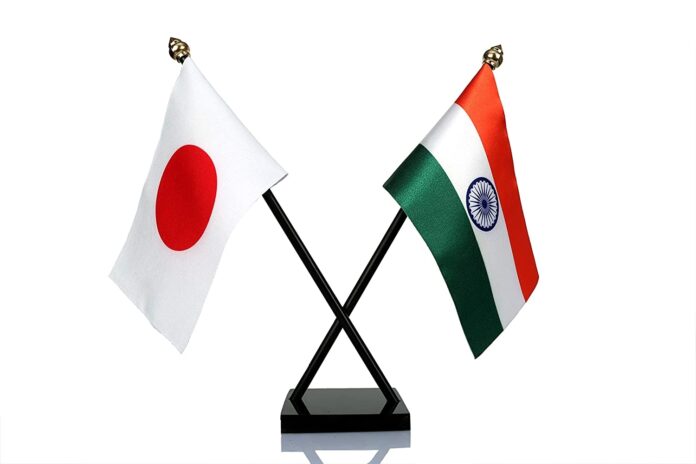New Delhi, Aug 28 (IANS) – Ahead of Prime Minister Narendra Modi’s two-day visit to Japan for the 15th India-Japan Annual Summit (Aug 29–30), both nations have significantly ramped up trade and economic engagement, signing over 170 MoUs in the past two years with more than $13 billion in committed investments.
The cooperation spans sectors from heavy industry to green energy and advanced technology. Projects range from steel plants in Gujarat and biogas units in rural India to semiconductor R&D collaborations and academic exchanges. This wide-ranging engagement reflects the partnership’s guiding vision of “Make in India, Make for the World” and is expected to reshape the industrial, agricultural, and talent landscape not only in India and Japan but across Asia and beyond.
Key Investments and Industrial Expansion
-
Nippon Steel (AM/NS India): Rs 15 billion for Gujarat expansion and Rs 56 billion for an integrated plant in Andhra Pradesh.
-
Suzuki Motor: Rs 350 billion for a new Gujarat plant and Rs 32 billion for production line expansion.
-
Toyota Kirloskar: Rs 33 billion to expand operations in Karnataka and Rs 200 billion for a new plant in Maharashtra.
-
Sumitomo Realty: $4.76 billion in Indian real estate projects.
-
JFE Steel: Rs 445 billion to boost electrical steel production.
-
Astroscale: First Japanese commercial satellite launched using ISRO’s PSLV.
These investments cover steel, automotive, renewables, semiconductors, real estate, and aerospace, reflecting Japan’s confidence in India’s long-term economic potential.
Strengthening SMEs and Supply Chains
Japanese collaborations are integrating Indian SMEs into global value chains. Companies like Tokyo Electron, Fujifilm, and Tata Electronics are building India’s semiconductor ecosystem, while Toyota and Suzuki’s supply networks will engage hundreds of tier 2 and 3 Indian SMEs. Fujitsu also plans to hire 9,000 Indian engineers for its Global Capability Centre, boosting IT-linked small businesses.
Clean Energy and Rural Empowerment
Green energy initiatives are another major pillar of cooperation.
-
Sojitz Corporation & Indian Oil: $395 million to set up 30 biogas plants producing 1.6 million tonnes annually, with farmers supplying agri-waste for additional income.
-
Suzuki Motor & NDDB: Rs 2.3 billion biogas project in Banaskantha, Gujarat (starting 2025), converting cow dung into carbon-neutral fuel for CNG vehicles—critical as CNG cars account for 20% of India’s passenger vehicle market.
These projects aim to reduce emissions, enhance rural incomes, and build scalable clean energy infrastructure using Japanese technology.
Expanding Exports and Talent Exchange
Nippon Steel’s projects will strengthen India’s speciality steel exports, while Toyota and Suzuki’s hybrid/EV vehicles will be exported to Africa, the Middle East, and Southeast Asia.
On the talent front, the India–Japan Talent Bridge Programme and METI initiatives aim to facilitate exchanges for 50,000 Indians and Japanese over five years through education, internships, and employment. Professors and students will participate in industry visits and collaborative research.
Focus on Northeast and Global Connectivity
Japan continues to support India’s Act East Policy, with notable projects like an MoU between Assam and ASEAN Holdings. Japan’s engagement in India’s northeast also complements its broader connectivity agenda, highlighted at the Japan-India-Africa Forum and TICAD Summit.
Priority areas include mineral security (rare earths, lithium, cobalt), supply chain resilience for semiconductors and EVs, and expanding export markets in Africa and the Middle East for Made-in-India goods powered by Japanese technology.
With these expanding partnerships, India and Japan are poised to deepen economic ties and emerge as key drivers of growth and innovation in Asia.










